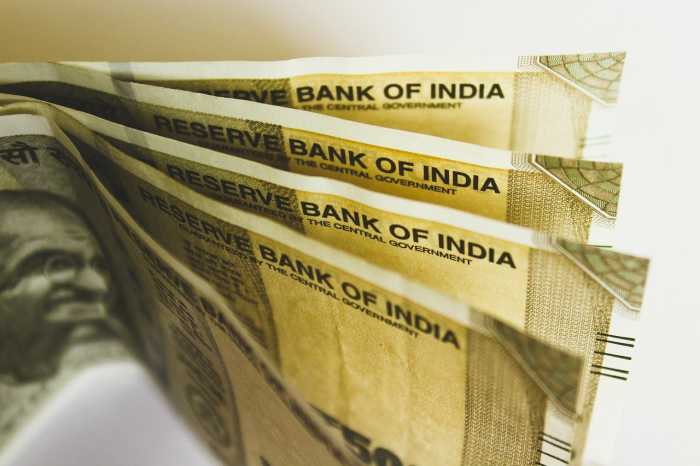Beware! High-value cash transactions can land you in trouble with the Income Tax (I-T) department. There are various cash-related transactions that the taxman keeps a close tab on. As the government has extended the due date of filing income tax returns for 2020-21 for individuals by two months till September 30, let’s take a look at the high-value cash transactions that can attract income tax notice.
1) Savings/Current account
For an individual, the cash deposit limit in a savings account is ₹1 lakh. If a savings account holder deposits more than ₹1 lakh in one’s savings account, then the income tax department may send an income tax notice. Similarly, for current account holders, the limit is ₹50 lakh and in violation of this limit may also liable for an income tax notice.
2) Credit Card bill payment
While paying a credit card bill, one should not cross the ₹1 lakh limit. Violation of this cash limit in credit card bill payment doesn’t go well with the Income Tax Department.
3) Bank FD (fixed deposit)
Cash deposit in bank FD is allowed but it should not go beyond ₹10 lakh. Violation of this ₹10 lakh limit is also not advisable for a bank depositor making a cash deposit in one’s bank FD account.
4) Mutual fund/stock market
People investing in mutual funds, stocks, bond or debenture must ensure that their cash infusion in the above-mentioned investment options doesn’t go beyond the ₹10 lakh limit. Failing to maintain this cash infusion limit may lead to the income tax department checking your last Income Tax Return (ITR).
5) Real estate
While buying or selling a property, one must make sure that cash transaction above ₹30 lakh is questionable as the income tax department discourages cash transaction beyond this limit in a real estate deal.









Unified Pension Scheme (UPS): How it differs from NPS and OPS
RBI to lenders: Stop charging compound penal interest on loans
Income Tax Return (ITR) filing: What happens if you fail to do so